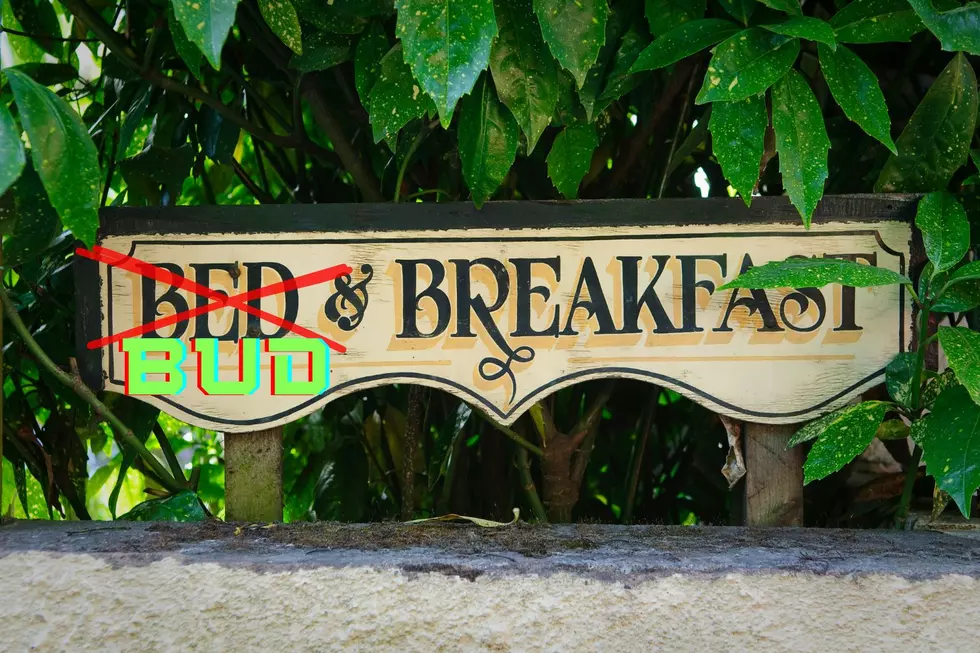
City considers MEP contract boost to support economic goals
Martin Kidston
(Missoula Current) Over the last five years, the Missoula Economic Partnership has emerged as one of the city’s strongest economic development arms in its work to expand Missoula’s tax base, grow and retain businesses, and help the city achieve its redevelopment goals.
But while the organization’s work on the city’s behalf has grown, funding provided by the city has remained flat, and the Missoula Redevelopment Agency’s board of directors may look at providing greater public support to MEP’s work, given its benefit to the public as a whole.
“I’d like to start the next three fiscal years with (MEP) having more resources,” said MRA board member Melanie Brock. “We already know they’re doing extra work for less money. The private sector is stepping up with more money. I think it’s time for the public sector to step up.”
The Missoula Redevelopment Agency (MRA) last week approved a new contract with MEP for $50,000 a year for the next three years. It’s the same amount of funding the city provided in 2019, when it first contract MEP to identify potential redevelopment partners within the city’s Opportunity Zone.
Such zones, created by the Trump administration in 2019, provided tax incentives to taxpayers who reinvest capital gains into “Opportunity Funds,” a special investment tool dedicated to certain low-income areas, or opportunity zones.
Former Gov. Steve Bullock nominated 25 areas in Montana as opportunity zones, including much of Missoula’s West Broadway corridor. Two years later, MEP’s work on the city’s behalf netted a development team interested in 9 acres of city-owned land off Scott Street.
The city’s partner, Ravara, broke ground on the property this spring and will provide 47 income-restricted condominiums, hundreds of market-rate condos and apartments, and commercial opportunities.
“We are truly being opportunistic. There are so many projects right now that are just on the cusp,” said Julie Lacey, the economic development director at MEP. “What we’re learning from the last two contracts is being accelerated and there’s momentum behind a lot of the work right now. Our hustle around this is real.”
Based on the success of its first contract, the city hired MEP again in 2022 for $50,000 to seek out partners interested in redeveloping the old library block. The search netted Edlen & Co/deChase Miksis, which is currently conducting due diligence on the property.
Last week, MEP said the effort is advancing and the city’s development partners are searching for potential commercial partners interested in occupying the building’s ground floor. As it stands, the upper floors could include both income-restrict and market rate housing units.
“We feel like there could be a lot of success by continuing to partner with MEP moving forward,” said Annie Gorski, deputy director at MRA. “We’ve learned a lot over the last two contracts and continue to build off that work and collaborate to both increase the tax base in the urban renewal districts and expand the city’s redevelopment goals.”
Among other things, the new $50,000 annual contract supports staff time, including meetings with businesses, helping market city-owned sites and meeting with redevelopment partners. But it’s the same amount of funding provided 5 years ago and it calls for much more work, Brock believes.
Currently, MEP is working on a number of city-owned properties beyond Scott Street and the old library block. It’s working to market the old Sleepy Inn site off West Broadway, and it helped negotiate a buy-sell agreement on behalf of the city for several Midtown parcels near Southgate Mall.
It’s also monitoring other potential opportunities, including the expansion of the Montana Technology Center on East Broadway, and future redevelopment of the Johnson Street site, which the City Council wants to see redeveloped within three years, as was the intent when the city purchased the property.
Brock, who also serves as the executive director of the Missoula Midtown Association, believes MEP’s efforts and it’s benefits to the community are worth more than what the city is paying for.
“I’m a little disappointed to see this (new contract) is the same ask as in 2019 when I know, personally through my work, that MEP is doing so much in Urban Renewal District III alone that is not commiserate with $50,000 per year,” said Brock. “I do know it’s a public-private partnership and businesses are major investors in MEP, too. But I’d like to see the public piece go up.”
Other MRA board members agreed, but they’ve asked both MRA and MEP to present statistical data on the organization’s successes and ongoing work before amending the current contract.
“This partnership has been amazing and it’s just getting better,” said MRA Director Ellen Buchanan. “It’s a powerful alliance.”
TOP 10 RICHEST CITIES IN MONTANA
Gallery Credit: KC


